#IndustryNews
Geely Nixes Volvo Merger, Volvo CEO Explains
Despite having already having Volvo Cars as one of its many subsidiaries, China’s Geely signaled roughly a year ago that it wanted to merge with the brand as part of its strategy to expand globally. Plans changed on this week when the company announced that the duo will be retaining their independent corporate structures, though they will continue working on a joint development program for electric vehicles.
This means more backing for the Lynk & Co. brand, a technology-focused joint venture Geely launched with Volvo in 2016. Lynk is hoping to bridge the gap between traditional vehicle sales and subscription-based models, while also pioneering telematics and other connected services that look like an invasion of privacy to some and a technological breakthrough to others. Regardless, the industry as a whole seems convinced this represents the evolution of the automobile and a stable source of revenue for companies capable of monetizing large amounts of data — often with the help of the world’s largest technology firms.
Nikola Embarrassed After Internal Review, Now Downsizing
The outside firm Nikola hired to conduct the internal investigation looking into the validity of claims made by ousted founder Trevor Milton has reached a conclusion. Milton does appear to have been fabricating the status of the company’s technology and how far along its prototypes were. But Nikola wasn’t helping and ended up being implicated in a few falsehoods of its own.
Some wealthy individual lying to a sea of people for the sake of making money is hardly news, however. The entire world runs on politicians and business people going back on promises made months earlier and clarifying statements that never seem to illuminate anything. What makes Milton’s offense so bad is that he seems to have used the power of lying to mislead investors who might have otherwise made money. Nikola shares never truly recovered from the exposé published by Hindenburg Research as part of its plan to short the company, and those who never bothered to question the legitimacy of its technical claims before investing are suddenly very interested in knowing everything about the business.
Stellantis Laying Off 150 Jeep Employees in Illinois
Jeep is laying off 150 workers that would have otherwise been employed at its Belvidere Assembly Plant, which actually produces the Jeep Cherokee instead of the long defunct, full-size Plymouth. Based on the timing, this decision appears to have something to do with the FCA-PSA Group merger that formed Stellantis.
Woulda, Coulda, Shoulda: Ford CEO Calls for U.S. Battery Production
On Wednesday, Ford CEO Jim Farley told attendees of the Wolfe Research Auto Conference that the United States needs to start building batteries for the industry’s planned deluge of electric vehicles now that semiconductor shortages have revealed the dangers of needing to source essential components from the other side of the planet.
Farley is likely correct in stating that America really should be able to supply itself, and not just in regard to semiconductor chips. Pandemic-related lockdowns crippled countless industries by upsetting the balance of supply lines. Halfway through 2020, farmers were dumping millions of gallons of milk per day and plowing up fields of eatable vegetables as restaurants were shutdown; factories were idled as part shortages became commonplace; cleaning supplies and disinfectants became impossible to find.
But it’s hard to translate that into sympathy for Ford because, while all of the above was happening, the automaker’s leadership was saying that there was no good reason to manufacture its own batteries.
How Many Vehicles Will the Chip Shortage Really Cost Us?
While the global semiconductor shortage is often reported as this out-of-nowhere surprise that has totally rattled smartphone and automotive manufacturers, 2020 was rich with signals that trouble was afoot. Global lockdowns forced factories to shut down, creating a lapse in demand in damn-near everything. By the time lines started firing back up, supply chains had become a disorganized mess. Nobody knew quite where to focus their efforts. But it was clear that everyone was going to be spending a lot more time indoors, resulting in an elevated need for the sort of components that go into mobile devices, television sets, personal computers, and other electronic gizmos.
Automobiles saw demand suppressed by around 15 percent (year-over-year) in 2020. However, the year ended with increased demand the industry figured would carry over into 2021. That, in conjunction with vehicles needing more semiconductor chips than ever to make sure they’re equipped with the latest features and perpetually connected to the internet, has automakers sweating. Practically every name in the industry has announced production shortfalls. But just exactly how many vehicles are we expected to lose from this?
Honda CEO Stepping Down, R&D Head Stepping Up
Honda has announced that CEO Takahiro Hachigo will be succeeded by the automaker’s head of research and development, Toshihiro Mibe. The company’s board held a meeting on Friday to finalize the decision, noting in a release that Mibe would officially be taking over leadership responsibilities on April 1st. A resolution of the general shareholder meeting is scheduled for June 2021, at which point Hachigo is assumed to be retiring from the business.
Mibe joined Honda’s engineering team in 1987 and had worked his way up to head of R&D in 2019. Since 2020, he’s also been working as the brand’s senior managing director. He’s to be tasked with taking the manufacturer into “the next era” — which we’re guessing entails strengthening its commitment to electric vehicles. Though the manufacturer also stated that “a new value system is spreading all around the world” adding that this change in management would help reflect that as it strives to solve social issues.
White House Presses Taiwan On Semiconductor Shortage
Automakers around the globe have been issuing warnings for weeks that the semiconductor shortage will eventually result in fewer cars and leaner profitability reports. But the absent chips are affecting just about every industry producing modern connected devices, creating fears that electronic prices could skyrocket as availability dwindles. Lockdowns effectively crippled semiconductor supply lines right as demand peaked and everyone is starting to get a little worried about how it’s going to impact production in other industries.
The White House is reportedly taking steps to mitigate the issue by tasking Brian Deese (Director of the National Economic Council) and Jake Sullivan (National Security Adviser) with coming up with a solution. It’s also asking embassies to assist chip suppliers around the world however possible and hopefully suss out a way to stop the global shortage. Meanwhile, Deese and Sullivan will be focusing the brunt of their efforts on Taiwan.
Ford Says All European Sales Will Be Battery Only by 2030
Another day, another automaker making promises about electric vehicles. Today’s company is Ford, which has vowed to make all European automotive sales electric-only by 2030.
This comes with the footnote of having the ability to soften that promise with plug-in hybrids. But, since this is all about corporate virtue signaling, that’s not what automakers tend to lead with. The industry wants to focus upon net-zero carbon emissions, sustainability, and other buzz terms that allow something to sound environmentally friendly without our needing to check if that’s actually the case. By the time 2030 comes around, only a few dozen people are even going to remember these promises if they’re not kept anyway — giving companies another opportunity to move the goalpost.
Tesla CEO Accused of Kowtowing to China: A Tale of Two Musks?
Tesla CEO Elon Musk came under fire this week after Bloomberg wrote a piece accusing him of playing nice with totalitarian China following years of showing totalitarian California a complete lack of respect. With the semiconductor shortage leaving the industry in a holding pattern, tabloid journalism seems to be filling in the gaps to the dismay of yours truly. However, Musk’s relationship with both countries remains relevant since they represent the two largest automotive markets on the planet and will dictate the trajectory of the business.
He’s being accused of being extremely apologetic to Chinese regulators, despite having become infamous for acting in the exact opposite manner in the United States. As you might recall, American Musk is all about flagrantly ignoring the rules and telling the government regulators to take their concerns into the bathroom where they’ll have the privacy necessary to stick them where the sun doesn’t shine. When it comes to high-IQ billionaires, our Elon is the bad boy’s bad boy. But Chinese Musk is said to be deferential and happy to comply with the request of oversight groups before they become official mandates.
He sounds like a total traitor! At least, that’s how China’s state-run media framed it before Western outlets took the reporting and made Elon seem even worse on Tuesday. The story has since been spreading online, encouraging this website to take another look to see if Mr. Musk is actually the double-crossing villain that’s being claimed.
Pass the Chips: VW Group Demands More Semiconductors for Europe
Indonesia Receives Mining Proposal From Tesla
Indonesia has reportedly received an investment proposal from Tesla Inc. requesting access to its nickel reserves. Once the largest producer of nickel in the entire world, Indonesia’s government started enacting regulations on the exportation of specific mineral ores in an effort to boost the local smelting industry and set up a more robust supply chain focused on lithium batteries.
This resulted in a huge price surge in 2019, as the nation began running mining opportunities under the noses of various industries that would be interested in the raw materials necessary for battery production.
GM Pouring $75 Million Into Toledo Transmission Plant
General Motors will reportedly be making a $75 million investment into Toledo Transmission later this year. This follows an earlier $39 million investment from GM set aside for the eight-speed rear-wheel-drive transmission, which came as a package deal offering another $32 million for Defiance Casting Operations.
Chip Shortage Expands, GM Forced to Idle Factories
While the Great Semiconductor Shortage of 2021 probably isn’t going to the defining historical topic of the modern era, it’s presently doing a number on the automotive industry. Volkswagen Group, Ford, Mazda, Nissan, Subaru Corp., Toyota, and Stellantis have all reported the need to scale back production this year.
On Wednesday, General Motors said that it would also have to handle the issue by closing down four plants next week. Affected sites include Kansas’ Fairfax Assembly, Ontario’s CAMI Assembly, and Mexico’s San Luis Potosí Assembly. GM Korea will likewise be operating Bupyeong 2 at half capacity, according to Reuters.
Daimler Is Just Going to Be Mercedes-Benz, Says CEO
Daimler had decided some serious changes need to be made before the end of 2021, including a name swap and separate listing for its commercial truck division. While the reason given was to better facilitate the company’s transition toward a “zero- emissions and software-driven future,” investors have been critical of Daimler’s share price after it cratered in March of last year. Though we would argue the bigger concern is the automaker’s lackluster (or absent) growth and declining revenue since 2018.
Regardless, CEO Ola Källenius believes continued changes to the firm’s corporate structure are the only way to go. By 2022, Daimler will simply be known as Mercedes-Benz and have spun off Daimler Trucks with its own listing on the Frankfurt stock exchange.
Auto Alliance Pitches Preferred U.S. Strategy: Government Money
The Alliance for Automotive Innovation (AAI) is proposing a national strategy for the United States it claims will help keep the country competitive. However, the AAI represents automakers, parts suppliers, and technology firms around the globe — making this more of a plea to U.S. policymakers and the industry to remain laser-focused on electrification, connectivity, and vehicular automation. It’s pitching its preferred global strategy, not some custom strategy for helping the U.S. achieve dominance because it’s telling the European Union and Asia the exact same story.
Elsewhere, the eight-part plan is being touted as an invaluable tool to help guide America back toward automotive relevance. But here, we remain skeptical.



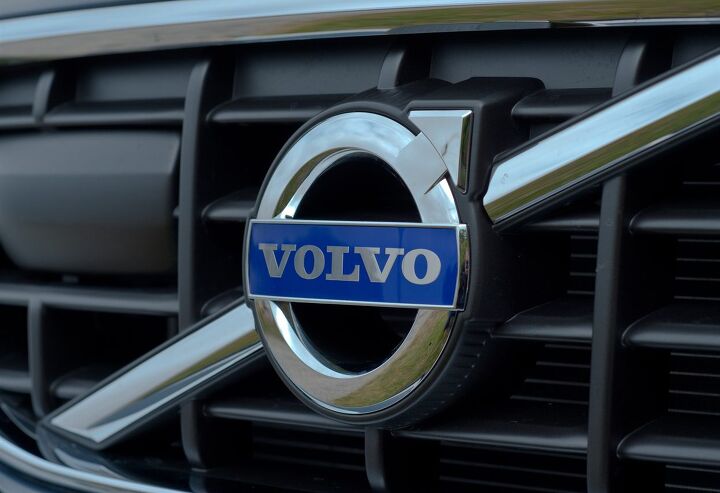

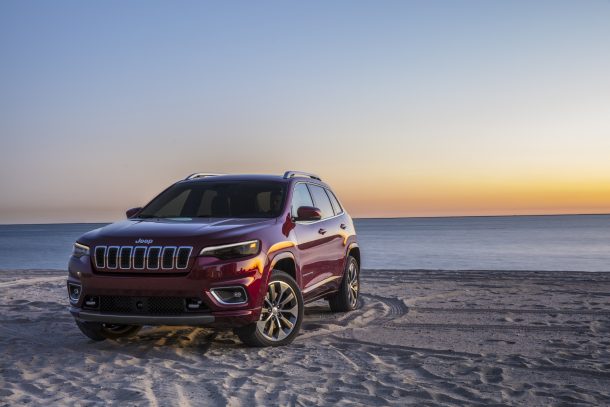
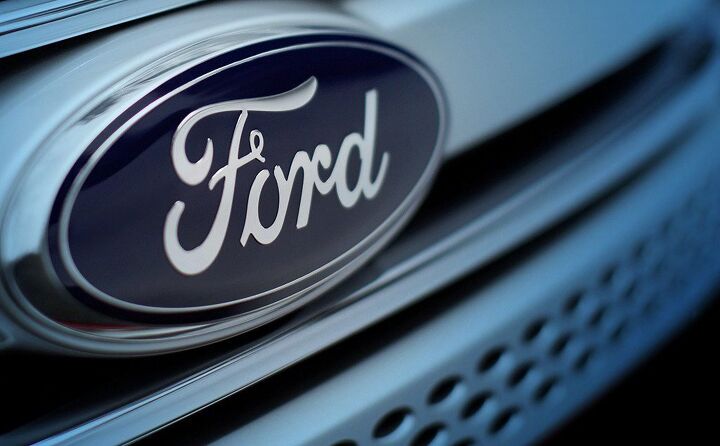
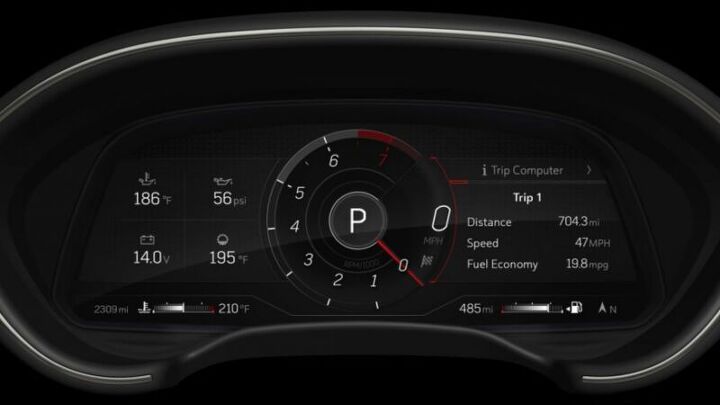




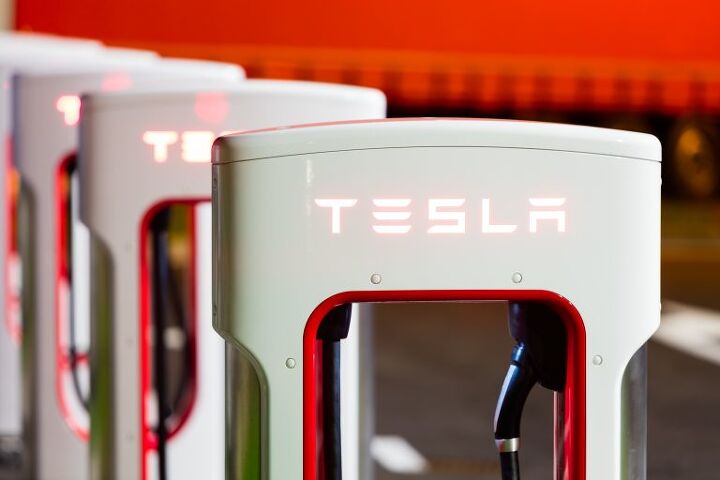
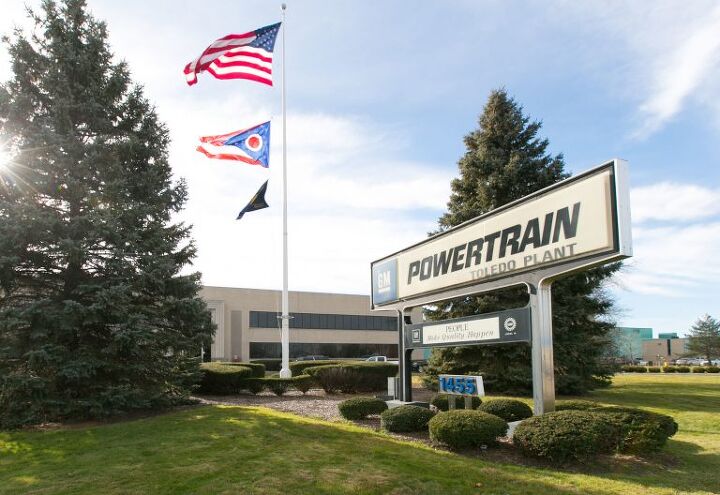
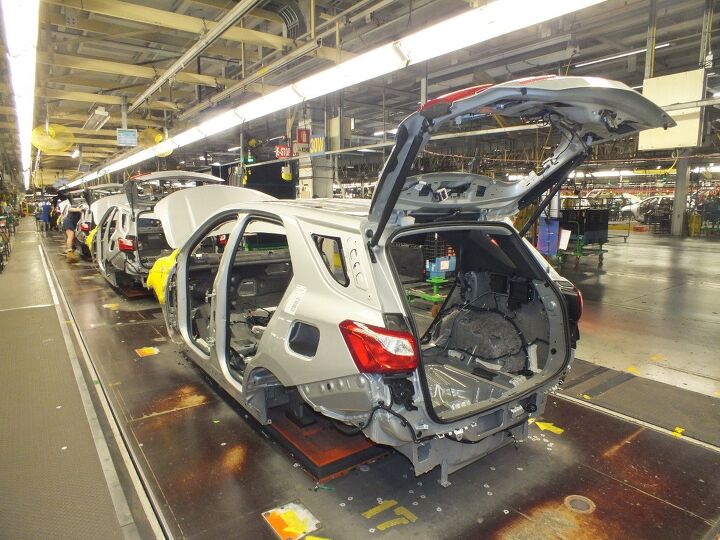
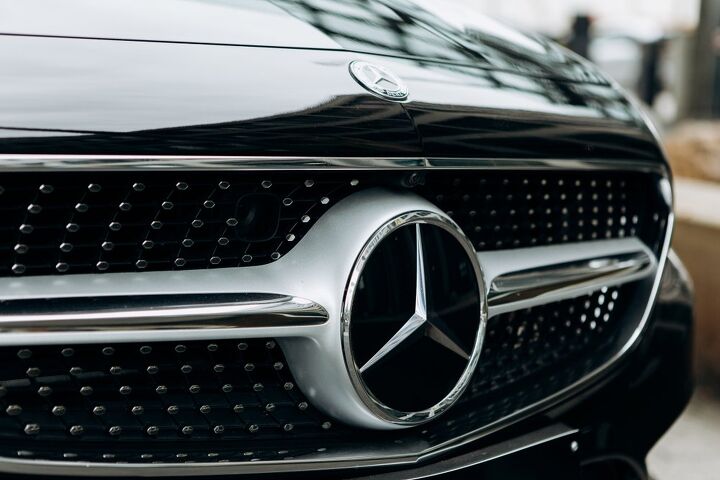













Recent Comments